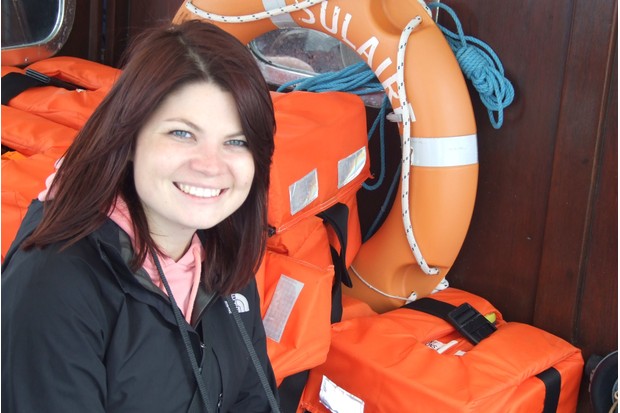University of Exeter researchers have found that the biological impact of the turtle trade has been previously underestimated and that turtles are still being harvested and consumed.
They conducted a study in the Cape Verde islands, which is one the world’s leading nesting sites for Vulnerable loggerhead turtles.
Lead author of the study Joana Hancok said, “Reducing illegal harvesting in Cape Verde has been a major conservation challenge in the region. Several strategies have been used to eradicate this problem, with limited impact.”
The paper suggests conservation interventions need to be refined and reassessed.
The PhD student conducted anonymous interviews in two islands in Cape Verde with those involved in the harvesting, sale and consumption of turtles.
Hancock found although there has been an apparent decrease in harvesting and consumption over the last decade, there has been a shift from subsistence to commercial harvesting in certain islands.
Co-author Dr Ana Nuno, a research fellow from the University of Exeter, said, “This study demonstrates the need to better understand social aspects of natural resource use and provides particularly relevant insights to inform ongoing decisions about regulations in Cape Verde.”
The study’s findings will provide valuable knowledge about human behaviour and socio-economic influences for informing national policymakers.
It recommends focusing both on suppliers and consumers for more robust solutions given that enforcement alone is not likely to protect turtle populations in the region.
Research found that while the existence of laws to protect marine turtles was perceived by survey respondents as a key deterrent to harvesting, environmental awareness campaigns and lack of availability were perceived as main reasons for decrease in turtle consumption.
Read the paper in Oryx.

